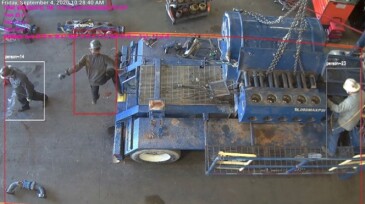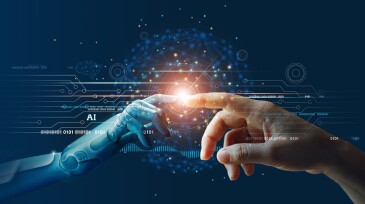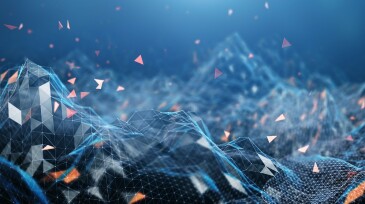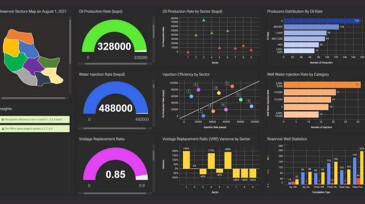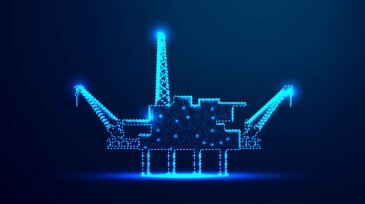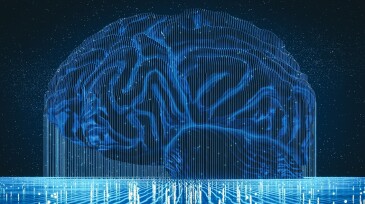AI/machine learning
This paper introduces an agentic artificial-intelligence framework designed for offshore production surveillance and intervention.
In the past year, publications on CO2, natural gas, and hydrogen storage have increasingly focused on the design, evaluation, and optimization of storage plans. These efforts encompass a broad spectrum of challenges and innovations, including the expansion of storage reservoirs from depleted gas fields and saline aquifers to stratified carbonate formations and heavy-o…
Reaching further than dashboards and data lakes, the agentic oil field envisions artificial intelligence systems that reason, act, and optimize.
-
Vision analytics is being used to extract insight information from video, with data inferred from existing cameras used to create a monitoring dashboard where supervisors can receive alerts at the worksite level or drill down to specific events.
-
GlobalData’s report "Robotics in Oil and Gas" notes that, while robotics has been a part of the oil and gas industry for several decades, growing digitalization and integration with artificial intelligence, cloud computing, and the Internet of Things have helped diversify robot use cases within the industry.
-
The service company said it plans to use DataRobot’s artificial intelligence capabilities in its production-optimization and well-construction digital platforms.
-
Synthetic data generation is a solution that allows citizen data scientists and auto ML users to quickly and safely create and use business-critical data assets. Benefits go beyond democratizing data access, and even those with privileged data access are building synthetic data generators into their work flows.
-
This paper describes a novel method based on machine learning to maintain an evergreen competency database. The tool reduces discrepancies between organizational requirements and the actual talent deployment by using unstructured corporate data.
-
Large geological models are needed for modeling the subsurface processes in geothermal, carbon-storage, and hydrocarbon reservoirs. The size of these models contributes to the computational cost of history matching, engineering optimization, and forecasting. To reduce this cost, low-dimensional representations need to be extracted. Deep-learning tools, such as autoenc…
-
Feeding better battery storage with the energy produced by cleaner sources such as solar panels and wind turbines is not a new idea. But are good ideas enough? Or could AI be the answer to unlocking the true value of the next generation of solar and energy innovations?
-
This paper discusses a waterflood optimization system that provides monitoring and surveillance dashboards with artificial-intelligence and machine-learning components to generate and assess insights into waterflood operational efficiency.
-
So far, digital twins have focused mainly on mimicking small, well-defined systems. Integrated asset models, however, tend to address the bigger picture. In this video, Distinguished Lecturer Kristian Mogensen addresses whether we can take the best from both worlds, whether we need to, and how to go about developing such a technical solution.
-
New research led by the University of Glasgow’s School of Psychology and Neuroscience presents an approach to understand whether the human brain and deep neural networks recognize things in the same way.




